
Unique Facts About Iceland That Set It Apart from Other Countries
Many people have visited this fascinating country, and it's undoubtedly on many others' wish lists! If you're curious to learn more about this place, we've got you covered! Satisfy your wanderlust with these charming facts about this polar nation that will leave you yearning for more adventures. Explore the stunning landscapes, rich cultural heritage, and unique experiences waiting for you in this captivating destination. Dive into the wonders of this extraordinary place!
Lava Bread
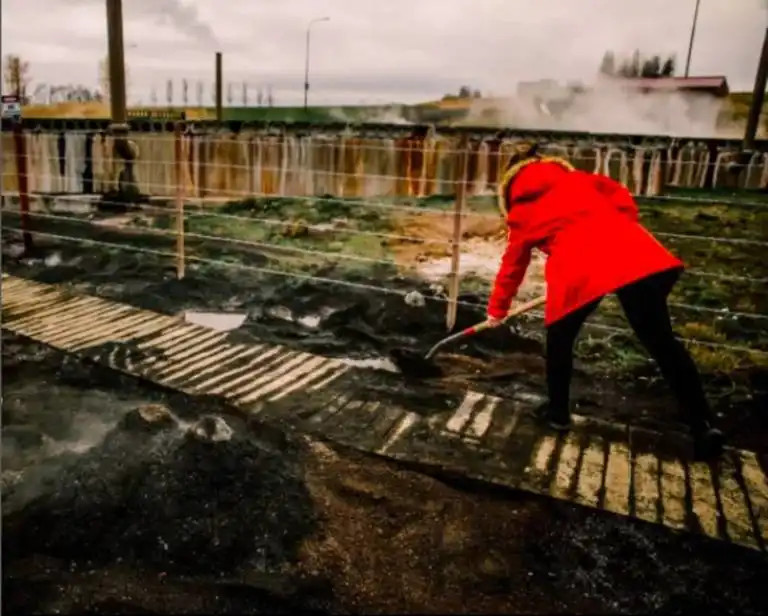
Icelandic rye bread is often baked beneath the surface of hot volcanic sand. Sometimes referred to as “lava bread” or “volcanic bread,” many tribes have used the earth as an oven throughout the centuries. Given the frequent geothermal activity in Iceland, it seems obvious that people would utilize the land for cooking.
Land of Ice and Fire
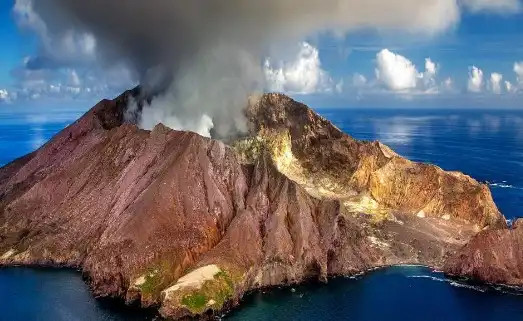
Iceland is known as the “Land of Ice and Fire” due to its remarkable combination of glaciers and active volcanoes. This island nation resides in a geologically active region, where glaciers coexist with lava fields and geysers, creating a unique and diverse landscape.
No Mosquitoes
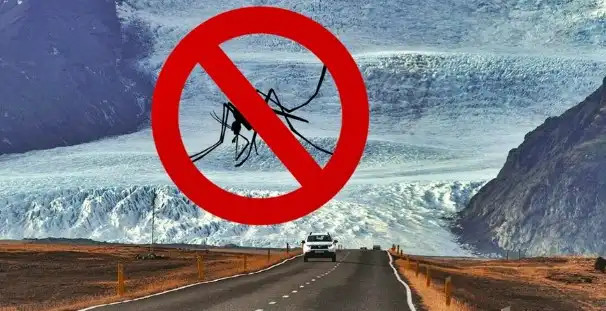
Unlike many other regions of the world, Iceland enjoys the remarkable absence of mosquitoes. This phenomenon is attributed to a combination of climatic conditions and the lack of aquatic habitats suitable for their reproduction, making Iceland a particularly enjoyable destination for those looking to experience the outdoors without the nuisance of these insects.
Abundant Geothermal Energy

Iceland has exceptionally capitalized on its geothermal resources. Over 90% of Icelandic homes are heated with geothermal energy from hot springs and geysers. This sustainable approach has not only reduced the country’s dependence on fossil fuels but also positioned Iceland as a leader in utilizing clean energy.
Ancient Icelandic Language

Modern Icelandic has surprising similarities to Old Norse, allowing Icelanders to read Viking sagas in their original form. This unique linguistic connection has preserved Iceland’s rich literary tradition and contributed to the country’s cultural identity.
No McDonald’s
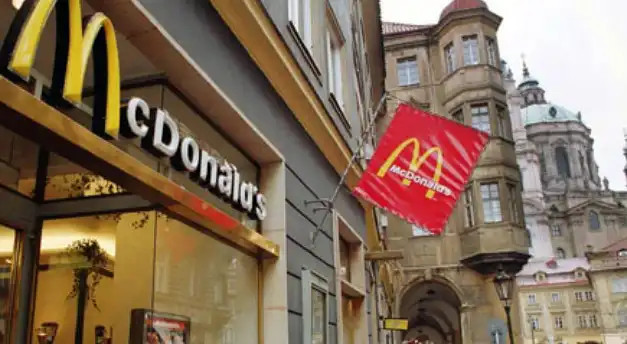
In a rarity within the globalized world, Iceland does not have McDonald’s restaurants. The fast-food chain closed its operations in 2009 due to economic challenges and high operating costs. This fact highlights the uniqueness of Icelandic culinary offerings, based on local products and culinary traditions.
Continuous Daylight in Summer
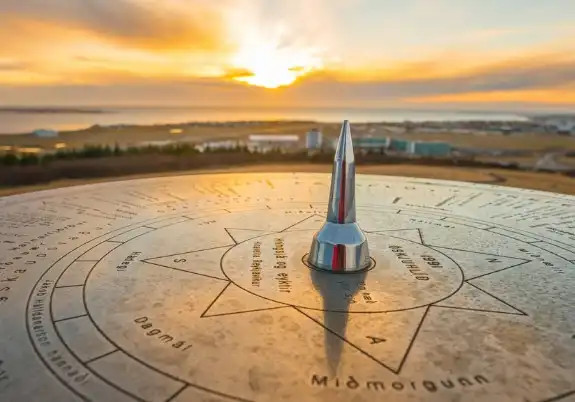
During the summer solstice, Iceland experiences “white nights,” a natural phenomenon where sunlight persists throughout the night. This prolonged period of daylight creates a unique atmosphere and encourages outdoor activities during the nighttime hours.
A Country Without an Army

Iceland is one of the few countries in the world that has chosen not to maintain armed forces. This pacifist approach is reflected in its foreign policy and active participation in diplomatic initiatives to promote peace globally. The country’s security relies mainly on international agreements and its membership in NATO.
Dettifoss Waterfall, the Most Powerful
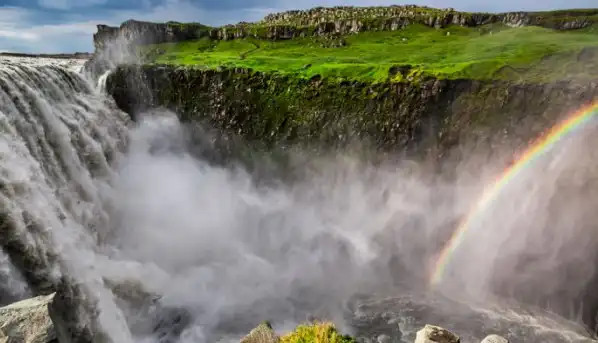
Dettifoss Waterfall, located in Vatnajökull National Park, is the most powerful waterfall in Europe in terms of water volume. This impressive cascade is situated in the Jökulsárgljúfur canyon and attracts visitors from around the world with its breathtaking natural beauty and majestic surroundings.
The Land of Elves
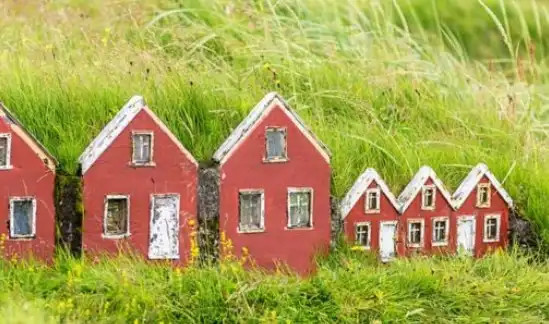
Belief in elves is an integral part of Icelandic culture. Many Icelanders consider these mythical beings to be part of their everyday reality, and some construction projects have been adjusted to avoid disturbing their supposed homes.
Reykjavik, the World's Northernmost City
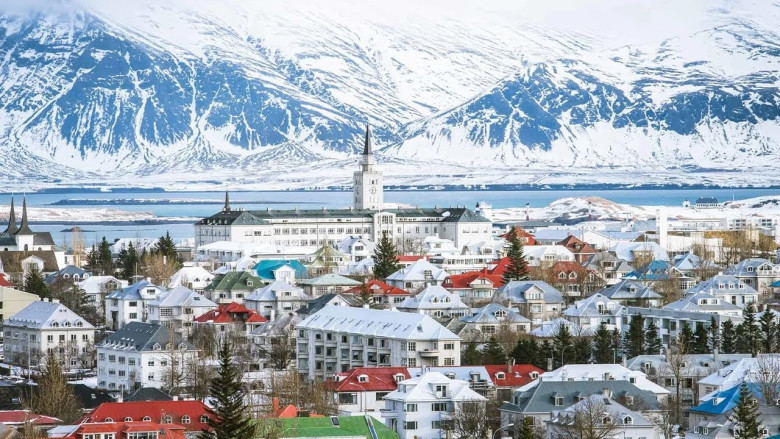
The capital of Iceland, Reykjavik, is the northernmost city in the world. Despite its location in the Arctic, it boasts a vibrant cultural scene with festivals, art galleries, and a lively nightlife.
The Northern Lights

Iceland is one of the ideal places to witness the Northern Lights. Its dark and clear skies throughout much of the year offer stunning displays of dancing lights in the sky.
Equitable Maternity and Paternity

Iceland is notable for having one of the most equitable parental leave systems in the world. Both mothers and fathers share parental leave time, promoting gender equality in family life.
Longevity Record
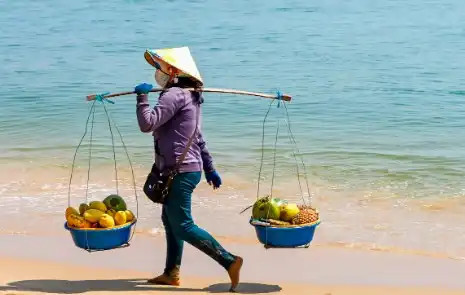
Icelanders enjoy one of the highest life expectancies in the world. This fact is attributed to a healthy lifestyle, a diet rich in fish and local products, as well as widespread access to quality healthcare.
The Blue Lagoon
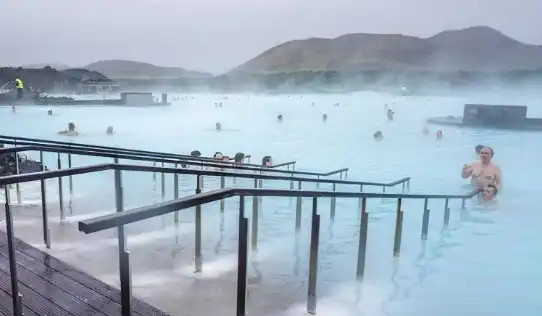
The Blue Lagoon, a geothermal wonder, is one of Iceland's most famous tourist destinations. Its mineral-rich hot springs provide a relaxing and rejuvenating experience amidst a lunar landscape.
Icelandic Language Day
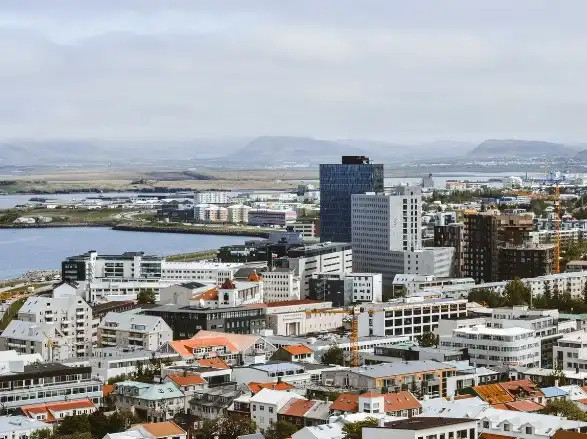
Iceland celebrates Icelandic Language Day on November 16 in commemoration of Jónas Hallgrímsson, a 19th-century Icelandic poet. This day promotes reading and appreciation for the country’s rich literary heritage, highlighting the importance of the Icelandic language in its cultural identity.
Super Jeeps
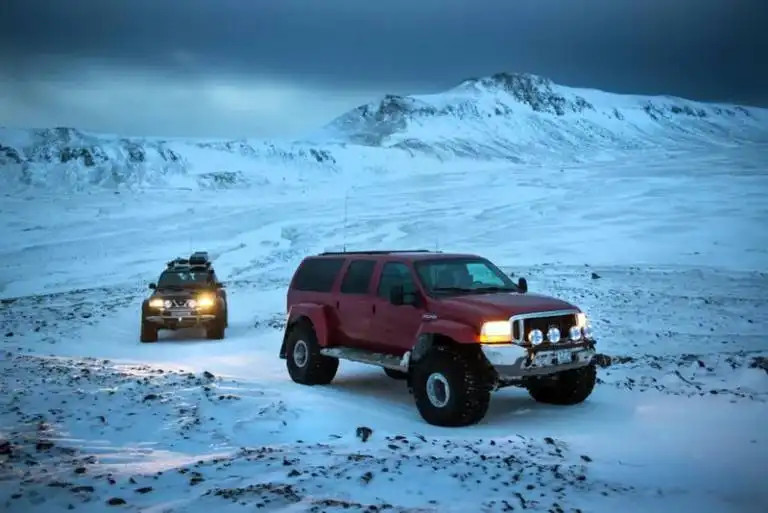
Icelandic residents use ‘super jeeps’ to navigate the challenging terrain, many of which are off-road vehicles designed to travel across snow, ice, and ford deep rivers.
Mild Summer Temperatures
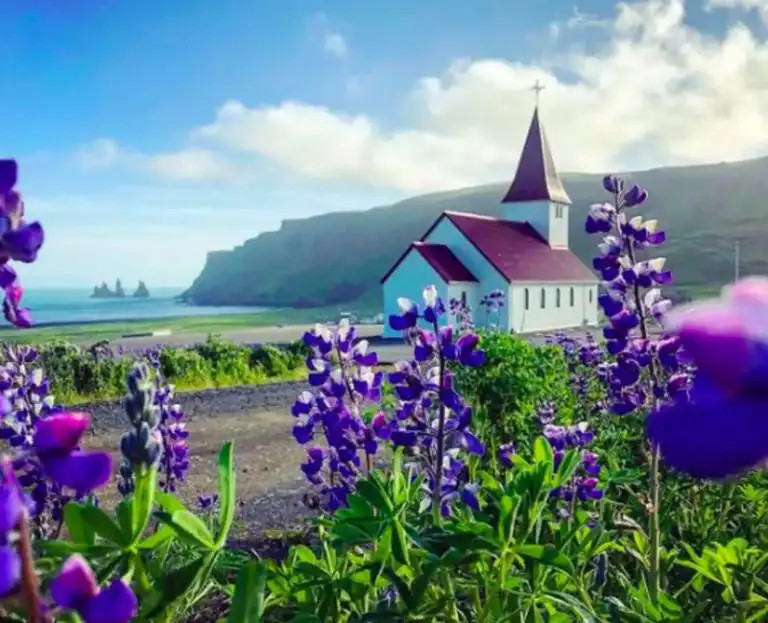
Iceland might evoke images of icy winds and abundant snowfall, but that’s not the case during summer. The maximum temperature in July is only 57 degrees Fahrenheit, and the minimum nighttime temperature in summer is just 43 degrees Fahrenheit.
Traditional Food

According to most standards, many traditional Icelandic dishes are considered strange and bizarre, largely due to popular foods dating back to the Viking era. Fermented shark, or Hákarl as it is known in Iceland, is considered a delicacy. Because fresh shark meat is poisonous, it is placed in a small pit and covered with large rocks to allow it to ferment for a period of time.
Coca-Cola in Iceland
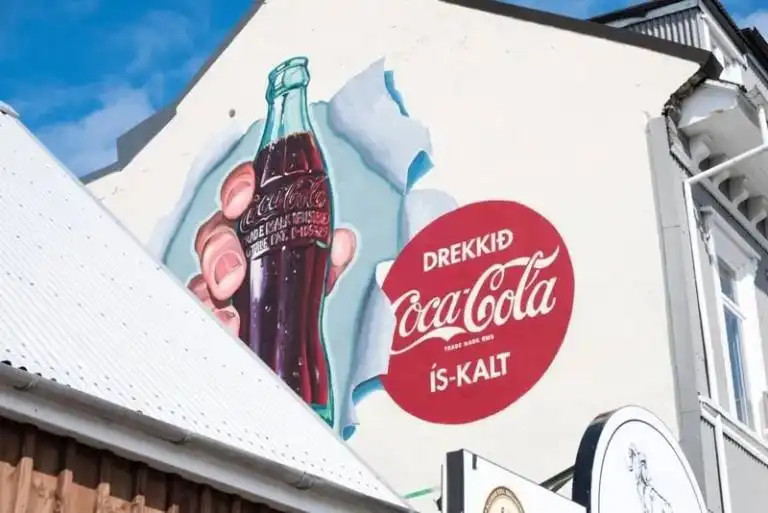
Despite being one of the healthiest countries in Europe, Iceland is recognized as the world’s highest consumer of Coca-Cola. Per capita, Icelanders consume 417 bottles a year—about eight a week, which is more than any other nation. For context, the average weekly consumption for Americans is three.
Telephone Directories

Telephone directories in Iceland list citizens by their first names in alphabetical order, omitting surnames, as residents do not have inherited last names and the society is based on first names. The ‘white pages book,’ as it’s known in Iceland, is relatively small.
Police Service in Iceland

The police in Iceland do not carry firearms. Law enforcement officers across the country have found they can carry out their duties without the use of guns or electric weapons. Iceland is considered one of the safest countries in the world due to its extremely low crime rate and the absence of violent crimes in most areas.
Someone Tried to Sell the Northern Lights
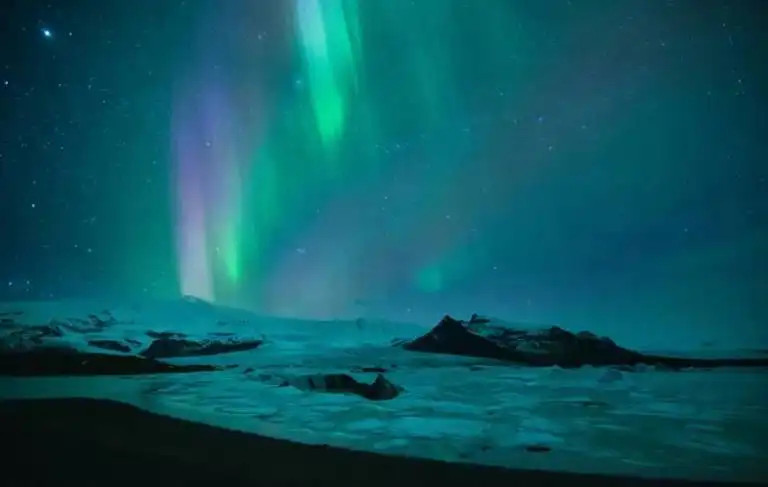
Einar Benediktsson, an Icelandic poet and lawyer born in 1864, attempted to market the northern lights while he was the editor of Iceland's first daily newspaper. Benediktsson spent years traveling through Europe in an effort to find a buyer and possibly generate some revenue for Iceland, as he believed foreign investment could better utilize Iceland’s natural resources.
Snowland?
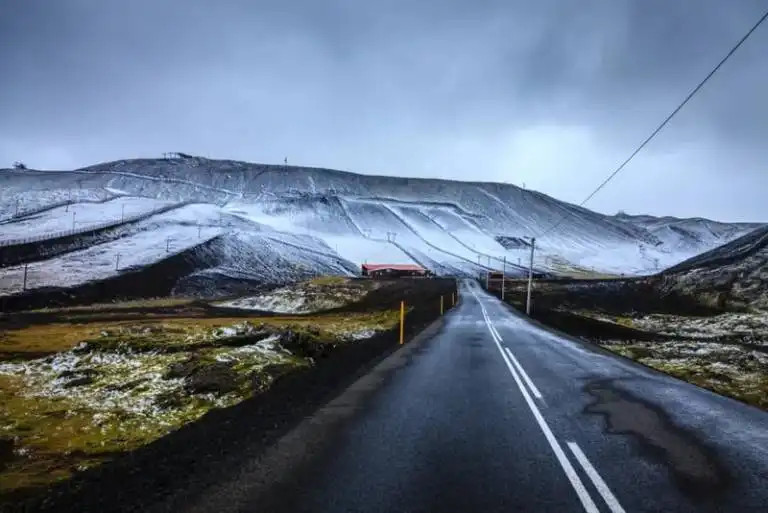
Naddodur was the first known Viking to arrive in Iceland in the 9th century. In fact, he veered off his intended course toward the west at the Faroe Islands to a country largely stripped of any trace of civilization. Reportedly, he was surprised by the snow in September and named the island “Snowland” as a result.
A Small Town Named Húsavík

The “whale watching capital of Europe” has long been the village of Húsavík on the northeast coast. Alternatively, you can visit the Whale Museum in Húsavík, a nonprofit organization that provides the educational aspect of whale-watching excursions. Starring Rachel McAdams and Will Ferrell, the Netflix movie “Eurovision Song Contest: The Story of Fire Saga” featured a scene in this small town.
The Midnight Sun

Every summer, there is a phenomenon known as the “midnight sun,” which causes many golfers from all over the world to pack their clubs and head to the course for a few days when the sun is visible at midnight. The Arctic Open at Akureyri Golf Club in Iceland was played at midnight by this group of golfers.
The Smallest Nation in the World Cup

The smallest country to qualify for the World Cup is Iceland, a more recent fact you might already know. Many participants, from filmmakers to dentists, have regular jobs in their daily lives. The Icelandic team is genuinely good despite being a small nation.
Iceland Was Once Covered in Trees
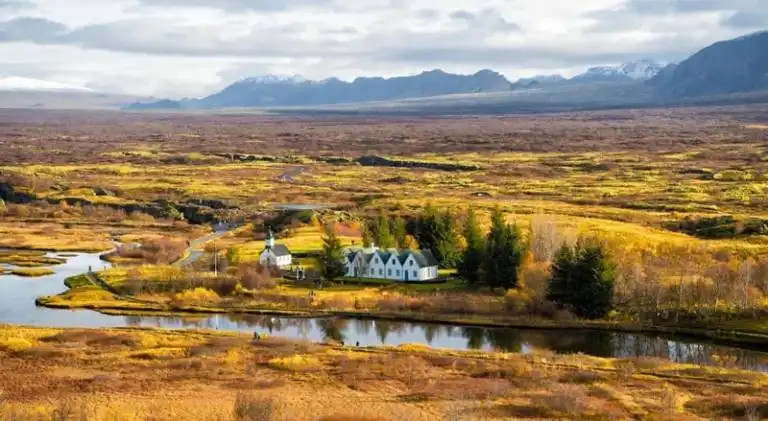
This intriguing fact states that before the Vikings raided Iceland, 40% of the entire island was covered in trees, making it one of the few things about Iceland that is not precisely ideal. However, the newcomers needed all those trees to build their homes, ships, and clear land for agriculture. As a result of ongoing reforestation initiatives, that percentage is now barely 2%.
No Pets Allowed

Ownership of reptiles as pets is prohibited in Iceland, although dogs and cats are accepted in homes. In the early 1990s, snakes, turtles, and lizards were banned as pets after someone contracted salmonella from handling a pet turtle.
Plenty of Pools
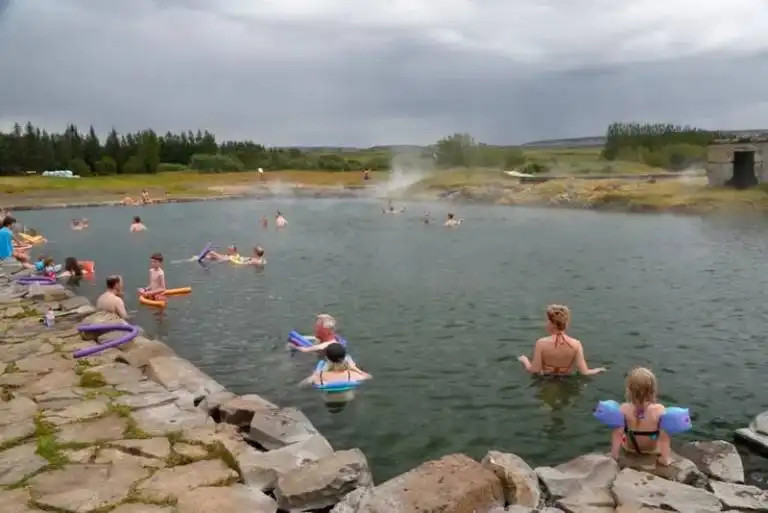
Iceland boasts the highest pool-to-human ratio in the world, so you don’t have to worry about other swimmers bothering you despite the weather. Icelanders also love swimming. In fact, it is more common for swimmers to find themselves completely alone in one of the many pools, lagoons, or hot springs.
The Only War
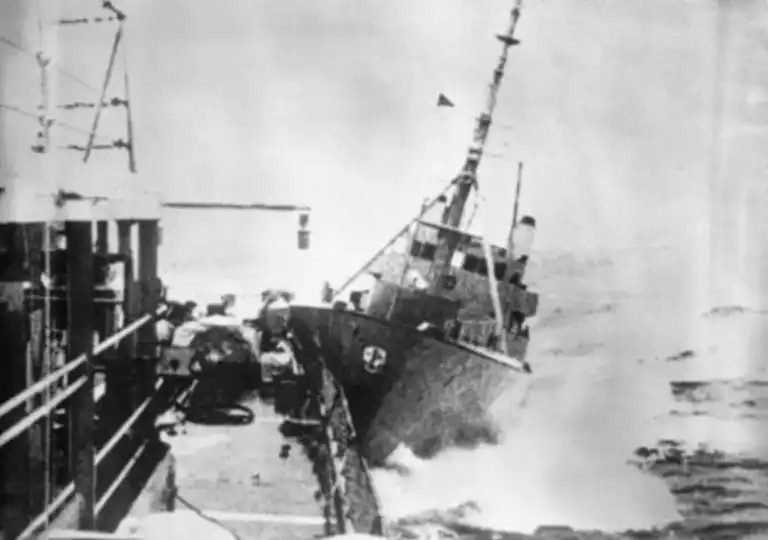
The only conflict fought in Iceland was the so-called “Cod Wars,” which is mentioned in a separate slide. In the 1960s and 1970s, there was a dispute over fishing grounds between the United Kingdom and Iceland. It is important to note that, apart from these conflicts, Iceland has never participated in a war nor been subject to any kind of invasion.
Interesting Origin of the Word
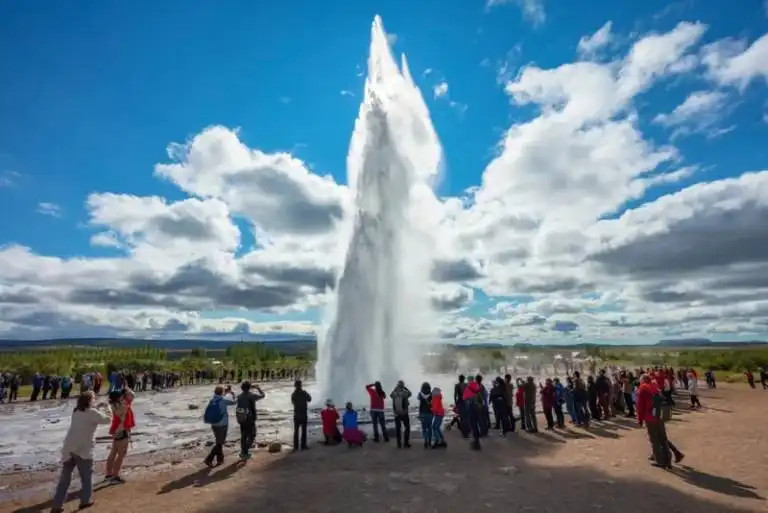
The English word “geyser” actually derives from the name of the great geyser, which is Geysir in Haukadalur. This is exciting news for curious individuals about word origins. The first geyser mentioned in print, this erupting water source is located in southern Iceland.
Pure and Clean Water
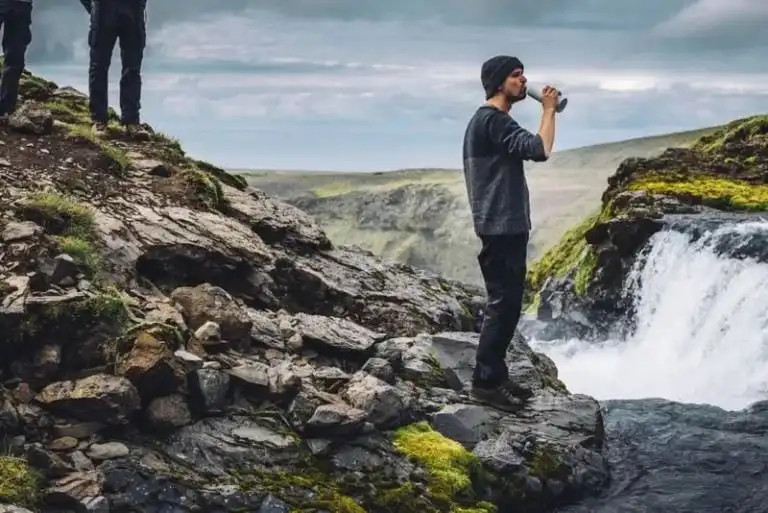
You can forget about buying filtered bottled water because the water in Iceland is pristine. Instead, its streams, lakes, and rivers offer the cleanest, freshest water you will ever drink. To fill your own bottle with incredibly pure drinking water, you only need to dip it in the water source.
Iceland Has 13 Santas
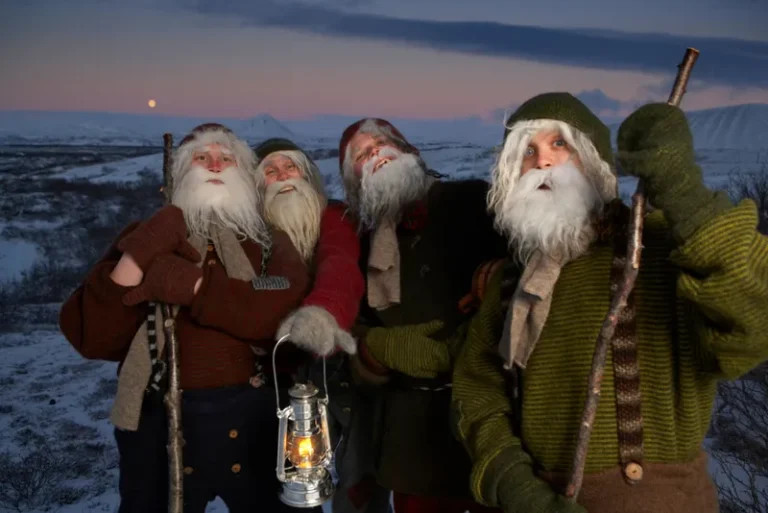
Icelanders look forward to the visit of the 13 Yule Lads instead of Santa Claus at Christmas, while most of the Western world eagerly awaits gifts. Starting 13 days before Christmas, children in Iceland eagerly anticipate their modest gift, as each robust-looking Santa pays a visit.
100 Words for the Wind
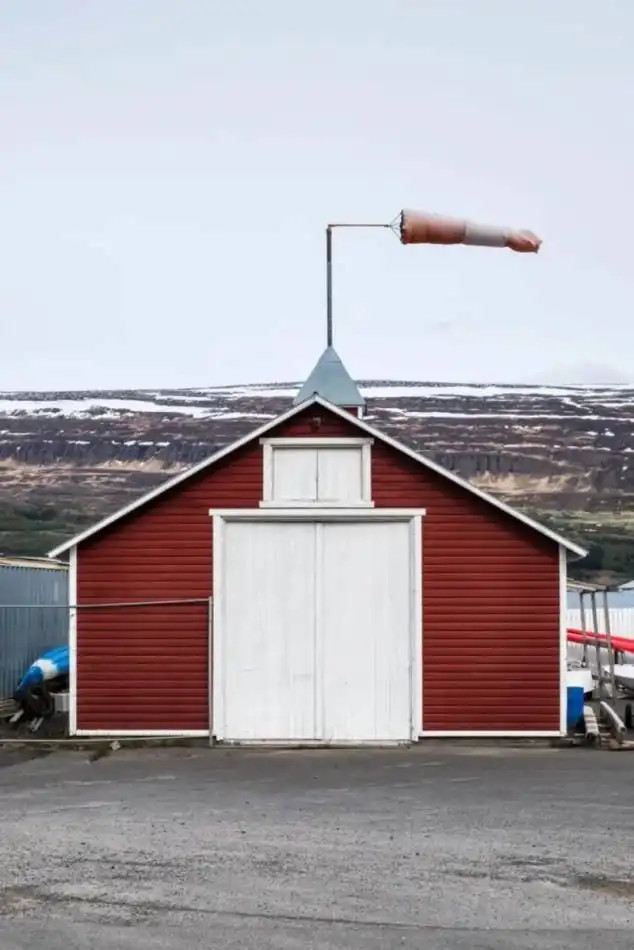
Despite having a notoriously challenging language, Icelanders are also extremely proficient in English, making it easy for visitors to get around. The Icelandic language has 100 terms for wind, which is a peculiar yet understandable fact. Due to its close resemblance to Old Norse, many Icelanders can read writings drafted in that language.
Iceland's National Sport
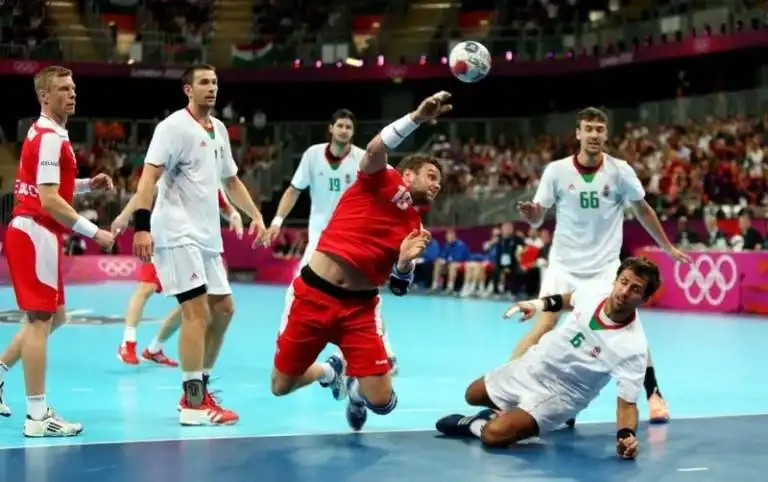
Icelanders enjoy a wide variety of sports, including volleyball and football, but handball is their favorite. Handball, the national sport of Iceland, is a game where two teams compete to score by kicking the ball into the opposing goal. The Icelandic national team won a silver medal at the 2008 Summer Olympics in Beijing.
Icelanders and Their Books

It is clear that Iceland places great importance on literature, as it is a country of avid readers of books and magazines. Iceland can pride itself on having a high number of published authors and a long-standing reading culture that dates back to the 13th century. Iceland produces more writers per capita than any other country in the world, with one in ten people writing a book in their lifetime.
The Border
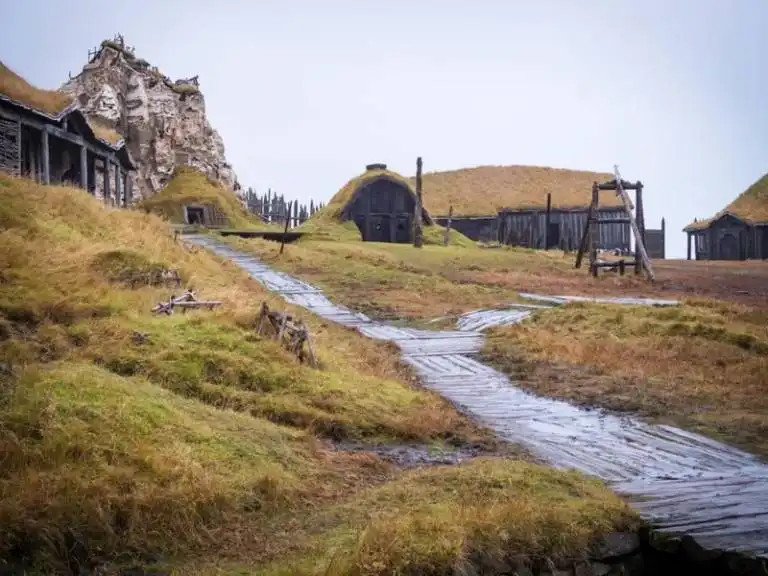
Did you know that Iceland was the last place on Earth to be inhabited by humans? All of this happened over 1,100 years ago when Iceland was accidentally discovered by Norwegian Vikings. According to some records, Iceland was colonized by Irish monks before the Vikings' arrival, but they quickly abandoned the rugged and remote terrain and fled.
Most People Live in Reykjavik
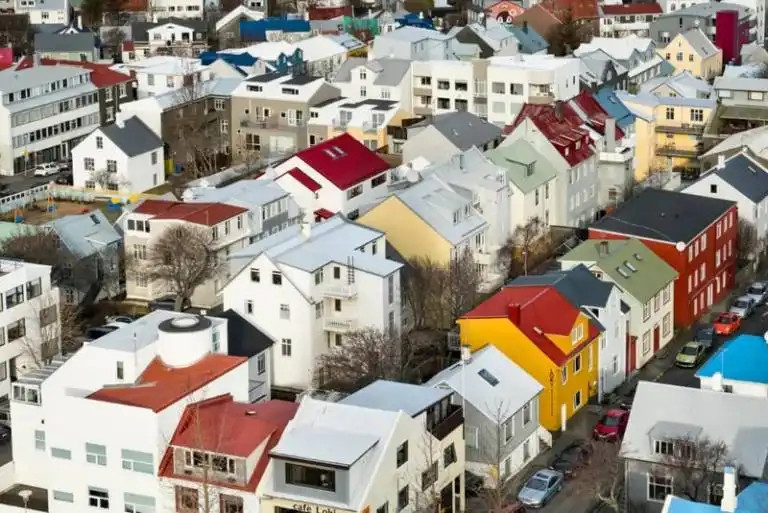
60% of Iceland's population lives in Reykjavik, despite the city's small size. This way, a single city houses more than half of Iceland's population. The National Museum and the Saga Museum, which narrate Iceland’s Viking history, are also found in Reykjavik, known for its vibrant buildings and lively nightlife.
Iceland’s Sustainable Energy
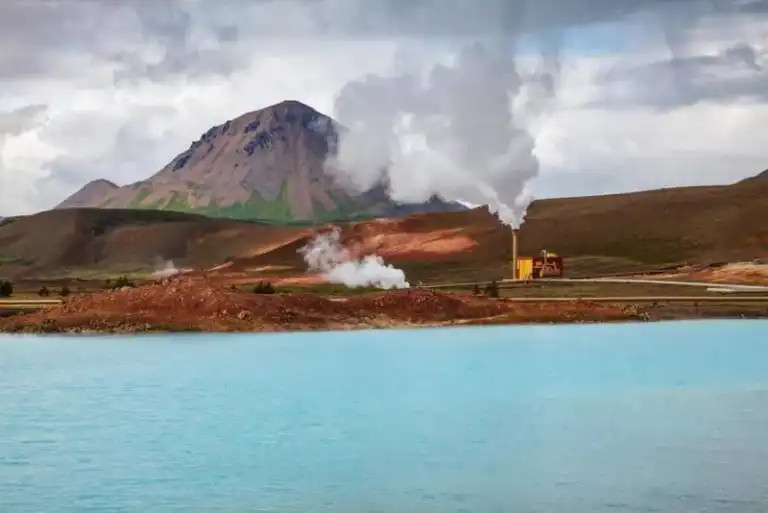
Is it any wonder that Iceland is considered a leading force in sustainable energy when almost all the country’s electricity production comes from renewable sources like hydroelectric and geothermal energy? Following smart strategies, electricity costs are low—so low that they are nearly free.
Birds of Iceland
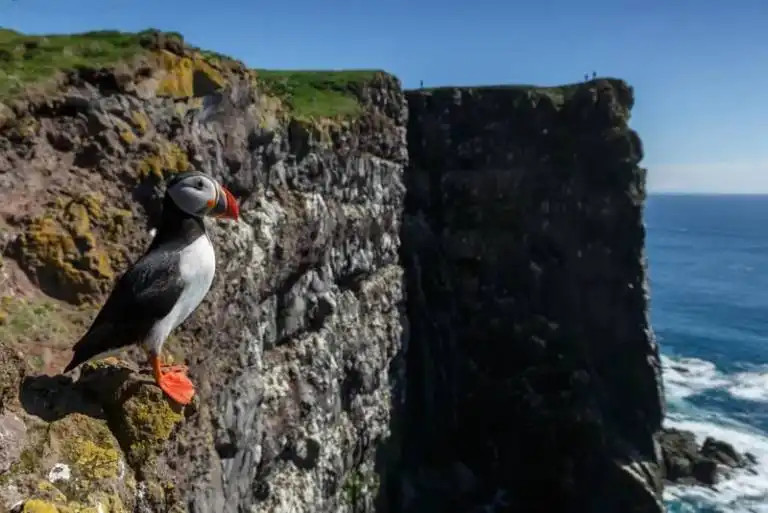
Iceland is home to the tallest bird cliffs in Europe. The Látrabjarg region in the Westfjords is where these massive rock faces are located. Numerous bird species, such as the Arctic Skua, Puffins, and Razorbills, can be spotted in this western point.
Notable Locations in Iceland
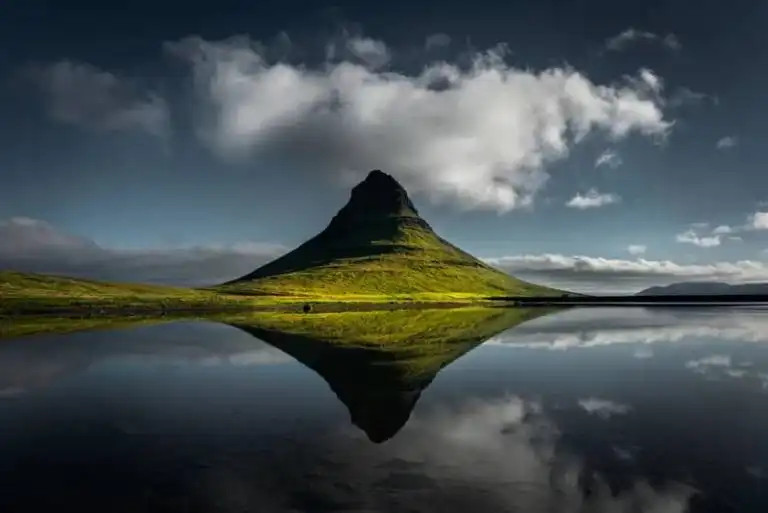
As one might anticipate, Iceland's stunning landscapes serve as a favorite backdrop for major television and film projects. With so many legendary locations, you would undoubtedly recognize the setting of some of your favorite movies and TV shows, from “Star Wars” and “Star Trek” to “Game of Thrones.” The films “The Secret Life of Walter Mitty,” “Prometheus,” and “Batman Begins” also deserve attention.
The Icelandic Language
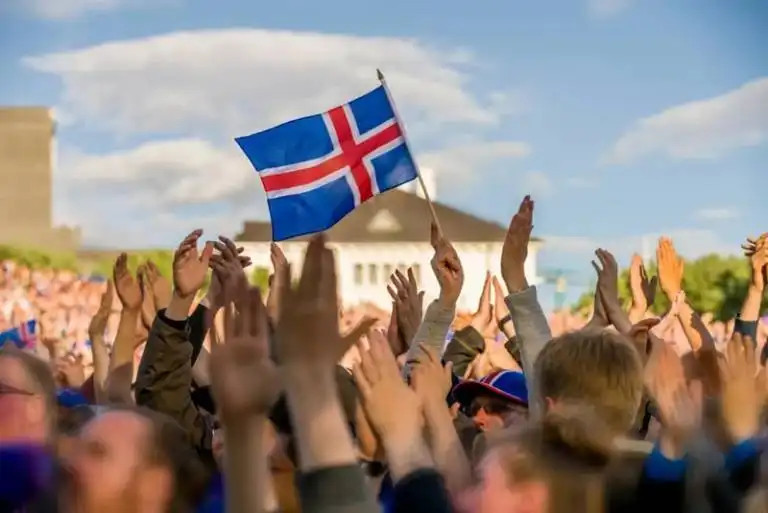
Icelandic is the name given to what is essentially a North Germanic language that has largely undergone no changes since Old Norse. It has been used in Iceland for over a millennium. It goes without saying that new terminologies had to be created for new technologies, such as computers, which are referred to as “tolva,” literally meaning “numbers witch.”
No Army
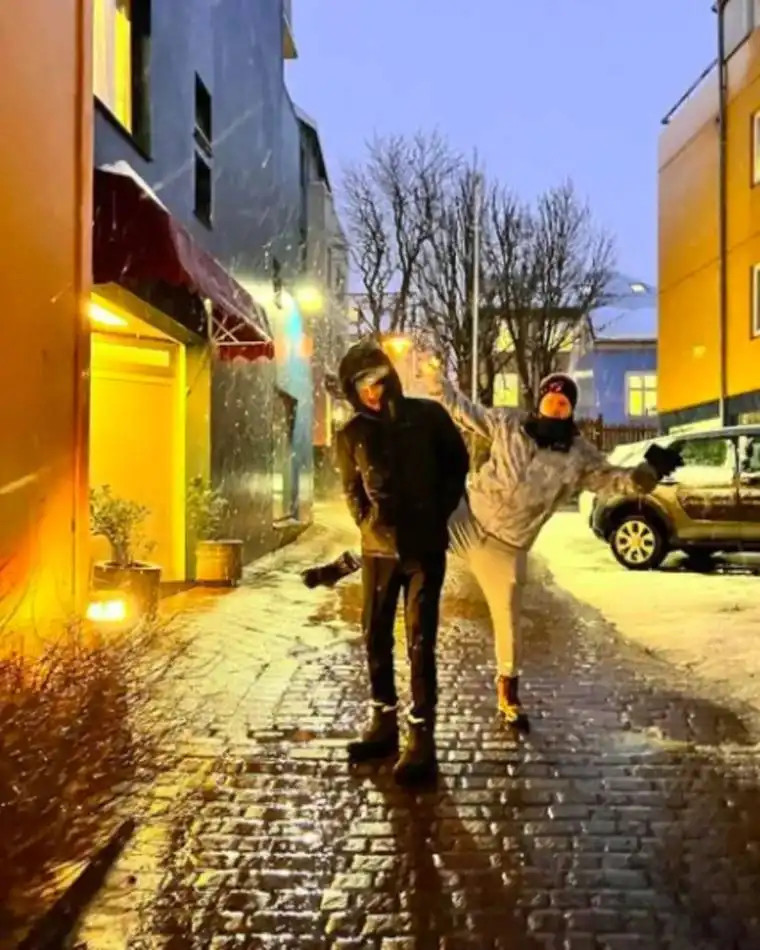
Iceland relies on NATO for defense capabilities instead of its own armed forces. However, Iceland does have a coast guard that has engaged in combat with the UK during the "Cod Wars." This battle over fishing rights ended with Iceland emerging victorious, and no one has dared to confront this fearsome Viking nation since.
The Largest Glacier in Europe
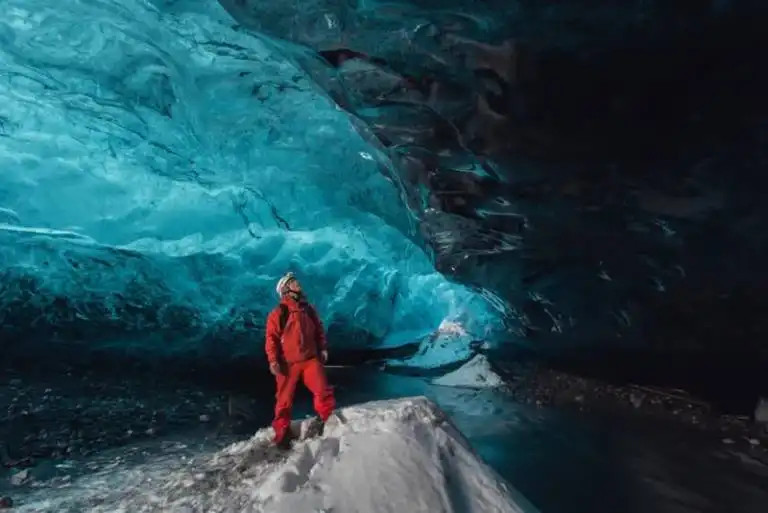
Vatnajökull (“Water Glacier”) is the largest glacier in Europe and a powerful natural force. This photo was taken inside one of its caves, so it does not showcase the entire glacier. It covers 8% of the total land area of the nation and is blanketed with ice that conceals gorges, mountain peaks, and even dormant volcanoes.
Icelandic Horse

Regarding horses, Iceland has quite strict policies. Icelandic horses are among the purest breeds in the world, so if they ever leave the country, they are not allowed to return. While this may sound cruel, Icelanders have no intention of changing the isolation of their horses in the near future.
Viking Lineage
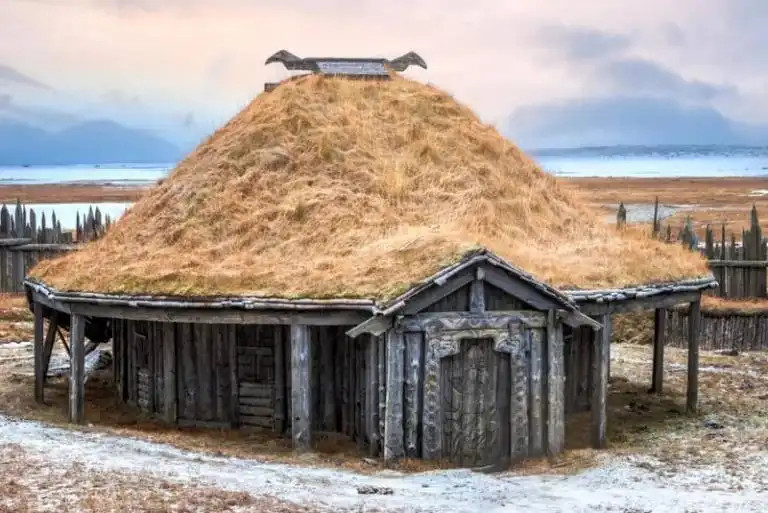
Icelanders have a highly detailed database of each generation thanks to genealogy software. This was made possible by gathering surveys across the country and documenting every aspect of their ancestry. Today, Icelanders can quickly research their ancestry online and trace back hundreds of years. Most discover that their ancestors were members of a small clan of Celtic and Viking settlers.
You Wouldn’t Guess How Long It Lasts…
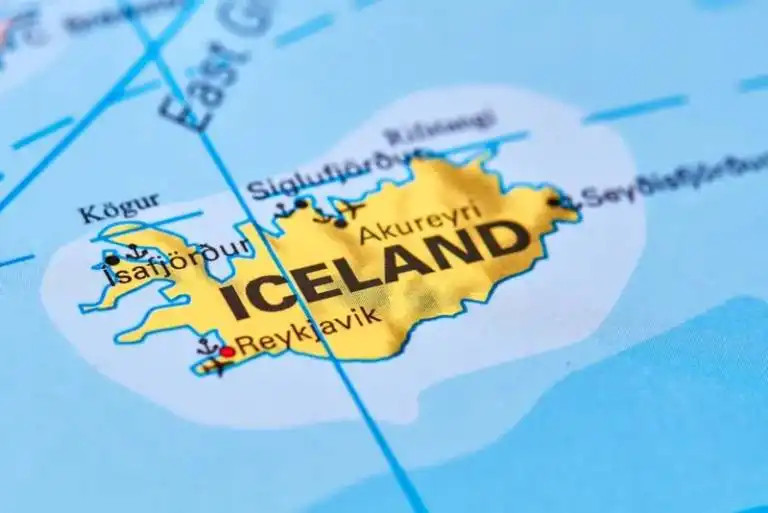
One might assume that traveling across this small nation should be straightforward and not take much time. Essentially, Iceland could easily fit within the state boundaries of Ohio or Colorado. However, most of its surface is tundra, making it a vast, treeless Arctic landscape. If you were to drive the entire length of Iceland at the permitted speed, it would only take 17 hours.
Its Churches
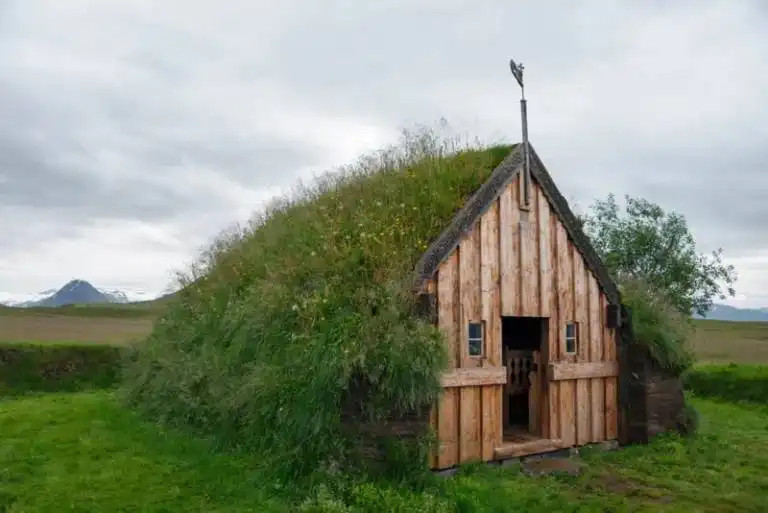
Iceland's oldest church, Grafarkirkja Church, was built in the 17th century. Its turf wall grows from the ground, rising above and sloping down the opposite side. Only five other turf churches like this one remain in Iceland. This type of grass architecture has its roots in construction methods from the Iron Age when Romans used "turf bricks" to build fortifications and citadels.
Icelandic Currency
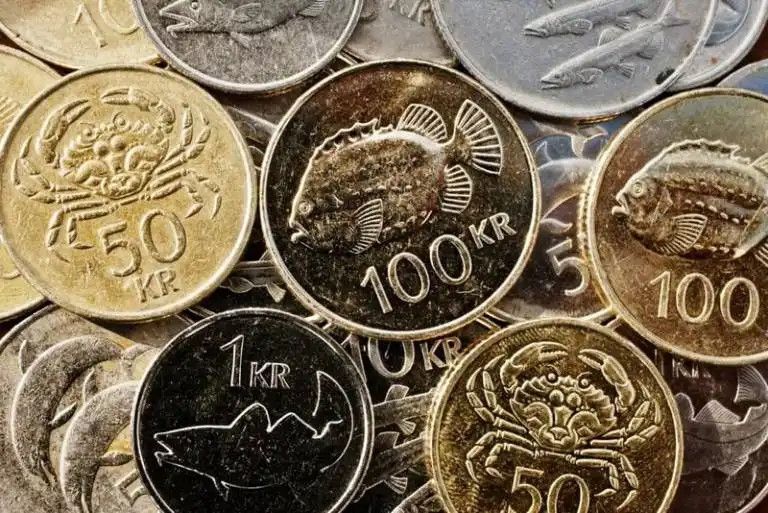
While most nations choose to honor their most illustrious citizens on their coins, Iceland opted to honor its marine animals instead. There are beautiful prints of fish and seafood on its coins, as seen in the image.
Summer Sun
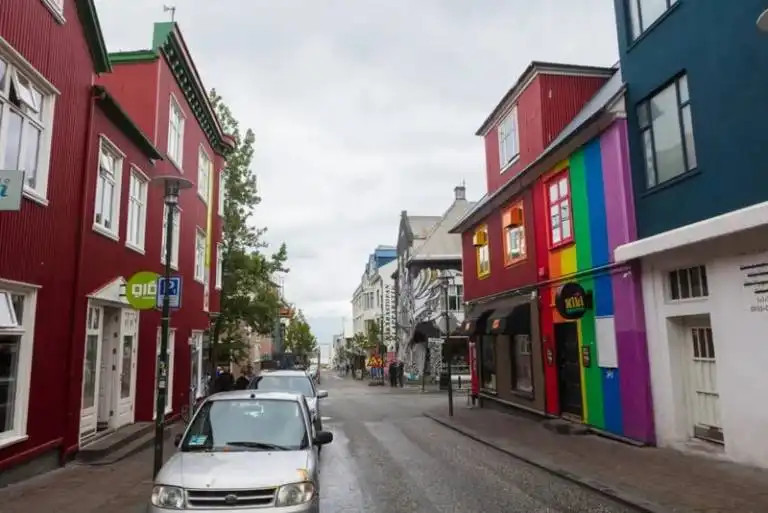
In summer, Iceland can enjoy up to 21 hours of sunlight, meaning you will never be in darkness. You might even find yourself at an outdoor bar in broad daylight, only to realize it’s already 11:30 PM by checking your watch. In other words, if you forget to check your watch, it's very easy to lose track of time and end up staying awake the whole night.
Iceland’s Favorite Food

We certainly did not anticipate that hot dogs would be one of Iceland’s favorite dishes. Bill Clinton and Kim Kardashian, two well-known figures, have stopped by the stand and tried the famous hot dogs. Because Icelanders use lamb meat instead of pork or beef, these hot dogs are unique. Their homemade ketchup contains apples as one of the ingredients. You can have a hot dog with apples naturally, in addition to sweet mustard, raw or crispy onions, and ketchup.
The Colors of the Icelandic Flag

The Icelandic flag, which is blue with a red cross within a white cross, was adopted in 1918 to symbolize the country's independence from the then-ruling Denmark. The three components that make up the island's landscape are represented by the colors of the Icelandic flag. White represents ice and snow, while blue, as seen from the coast, depicts the island's mountains. Red represents the fire of the volcanoes.
The Parliament
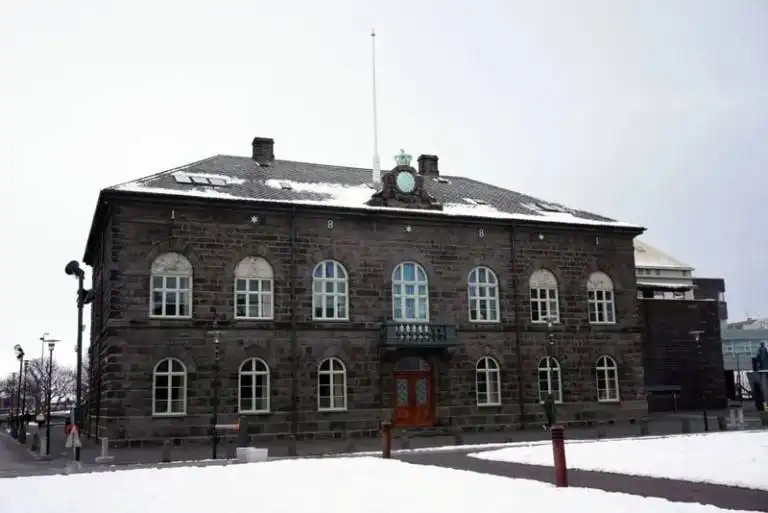
The Alþingi of Iceland is the oldest functioning parliament in the world and the country’s national assembly. All free men participated in the first assembly, which took place in 930 AD. Even when Icelanders submitted to the Norwegian king in the 13th century and later to the Danish monarchy until the late 14th century, the Alþingi persisted in some form. It was only dissolved by royal decree in 1800. In Reykjavik, this parliamentary structure was rebuilt and reconvened once again in 1845.
Iceland Was the Last Place on Earth to Be Inhabited by Humans
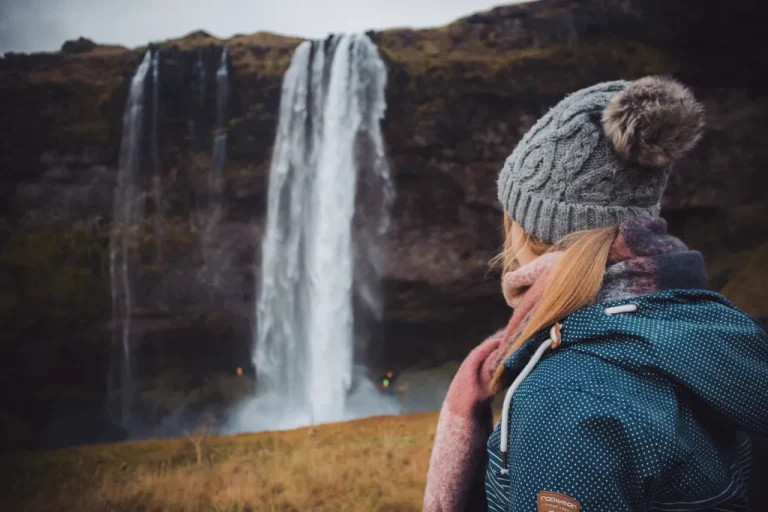
Iceland, considered one of the youngest lands on the planet, has a remarkable history. Among the last human settlements, it was accidentally discovered by Norwegian Vikings over a century ago. This land of fire and ice has captivated the world with its stunning landscapes, which include majestic waterfalls, hot springs, and stunning black sand beaches. From the incredible Northern Lights to its vibrant capital, Reykjavik, Iceland offers a unique combination of natural wonders and cultural experiences.
Many Icelanders Believe in Elves and Trolls
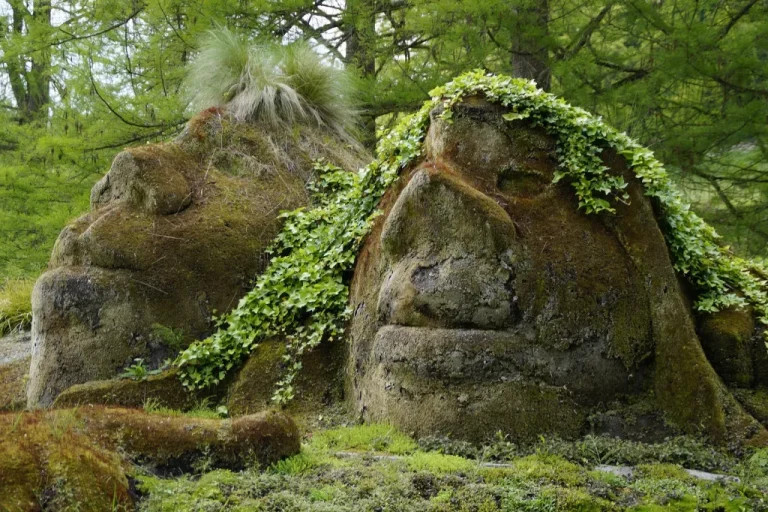
The Viking age marked the beginning of belief in mythical beings such as elves, trolls, and more. Don’t forget to set aside time to have a conversation with someone from Iceland, as they have countless fascinating stories to share. Their tales will transport you to a world filled with wonders and adventures, capturing the essence of Icelandic folklore and adding magic to your experience. Get ready to be captivated by their rich and charming storytelling tradition!
Iceland Has the Longest Workweeks in Europe

Did you know that one of the most fascinating facts about Iceland is that Icelanders work an average of 45 hours a week? That’s more than any other European country! It is truly remarkable how hardworking the people of Iceland are. Despite the long hours, they continue to thrive and contribute to the success of their country. This work ethic is a testament to their resilience and dedication. Icelanders set a great example for the rest of us!
Beer Was Prohibited in Iceland Until 1989
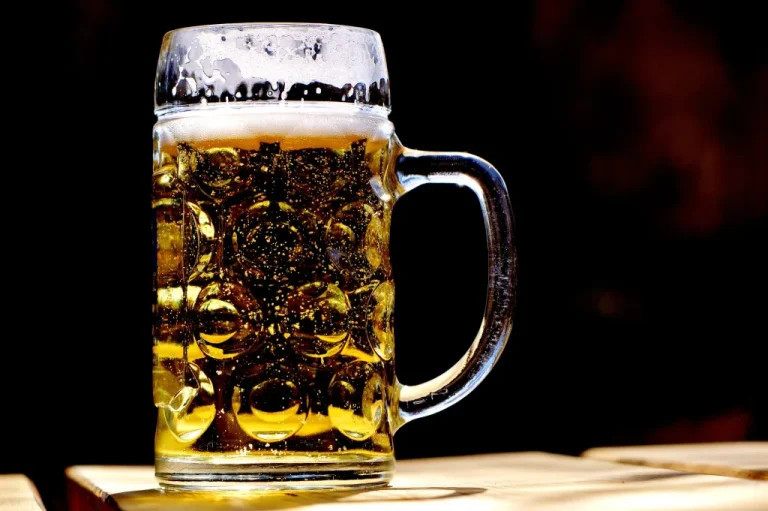
Beer was banned in Iceland from 1915 until 1989 when a referendum was held to lift the prohibition. As a result, the nation now celebrates “Bjórdagurinn,” or “Beer Day,” on March 1 each year to commemorate the end of a 74-year prohibition. This significant event holds historical importance and symbolizes Icelanders' freedom of choice to enjoy their favorite beverage. Cheers to Beer Day!
Approximately 11% of Iceland Is Covered by Glaciers
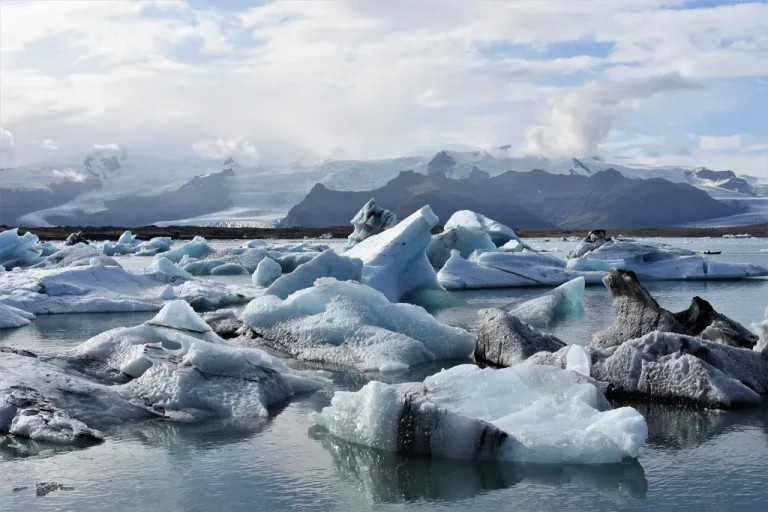
Did you know that an impressive 11% of Iceland’s land is covered by glaciers? It’s no surprise that glaciers are considered one of the main attractions of this incredible country. With over 269 named glaciers, Iceland offers a stunning world of ice to explore. Notably, Vatnajökull, the largest glacier in Europe, is three times the size of Rhode Island or Luxembourg, making it a true natural wonder. Discover the frozen beauty of Iceland and be captivated by its majestic glaciers!
Iceland Is One of the Most Environmentally Friendly Countries in the World
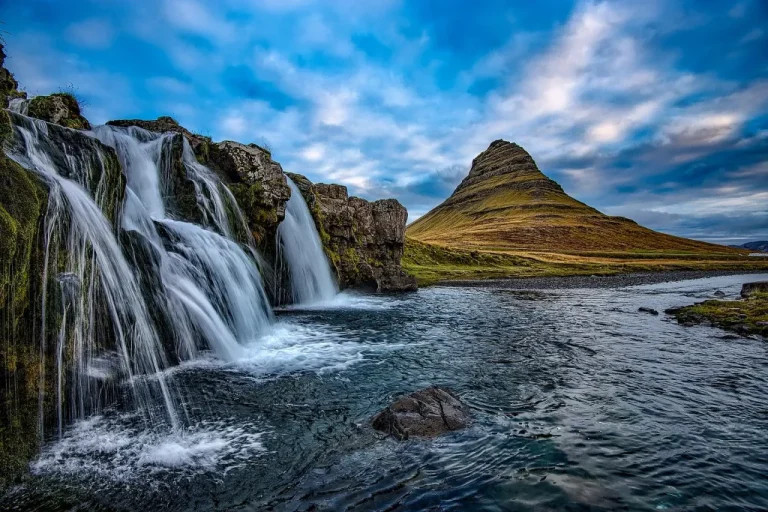
It’s no wonder that Iceland has recently been recognized as one of the greenest nations in the world. With almost all its electricity generated from renewable sources, the country is leading the way in sustainability. Furthermore, Reykjavik, the capital, has set the ambitious goal of achieving carbon neutrality by 2040. For these efforts, the city was awarded the prestigious Nordic Nature and Environment Award in 2014, solidifying Iceland’s commitment to environmental protection.
Iceland’s National Colors Are Red, White, and Blue
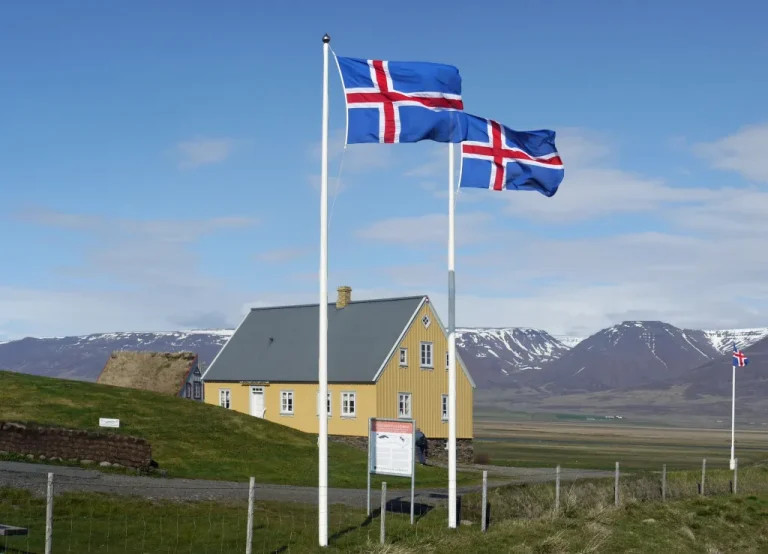
Iceland’s three national colors, represented in its flag, symbolize the essential elements of the land. The color red signifies the fiery volcanoes that shape Iceland, while white represents the snow and ice covering its rugged terrain. Lastly, the color blue symbolizes the vast ocean surrounding the island. Together, these colors encapsulate the unique essence of Iceland, blending the raw power of nature, its pristine beauty, and the endless possibilities for discovery.
Volcanic Eruptions in Iceland
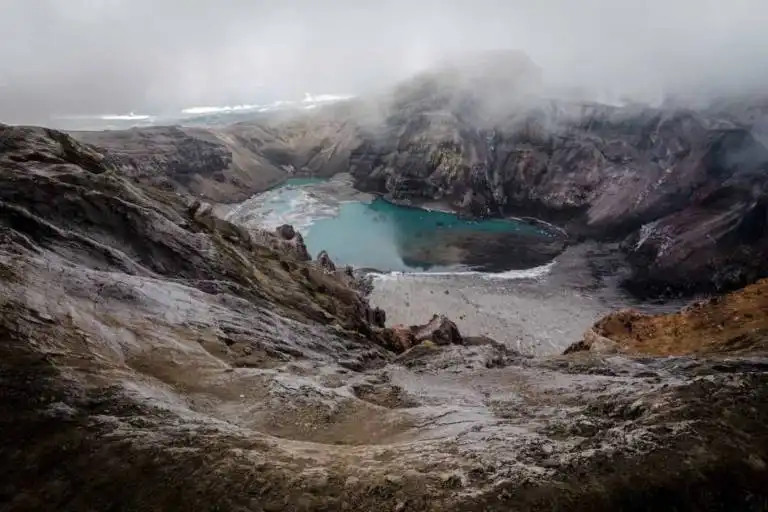
Iceland is a small nation, approximately the size of Ohio, so its ongoing volcanic activity is a true and visible force of nature. Remember the unique glacier known as Öræfajökull. In fact, it is home to Hvannadalshnjúkur, the highest mountain in Iceland. However, the deadliest of its two volcanoes, Öræfajökull, lurks just beneath. In fact, there are so many volcanoes in the nation that an eruption in Iceland occurs roughly every three to four years. Watch your step!
Wild Camping in Iceland
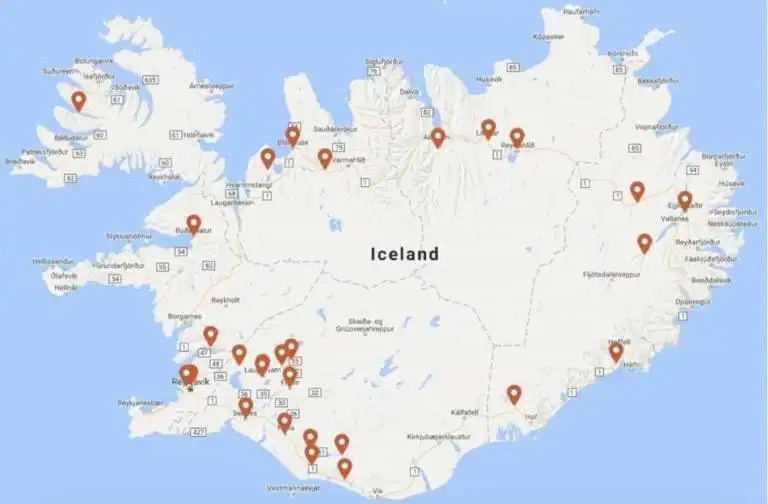
In Iceland, camping outside of designated areas is largely prohibited. Additionally, this rule greatly contributes to preserving the land for future generations, especially considering the fragile biomes that the country harbors. Be sure to familiarize yourself with the locations of authorized camping sites in Iceland before embarking on your journey. Learn more about where you can camp in Iceland using this interactive map. The same goes for off-road driving.
The Locals Drive Monster Trucks for a Reason
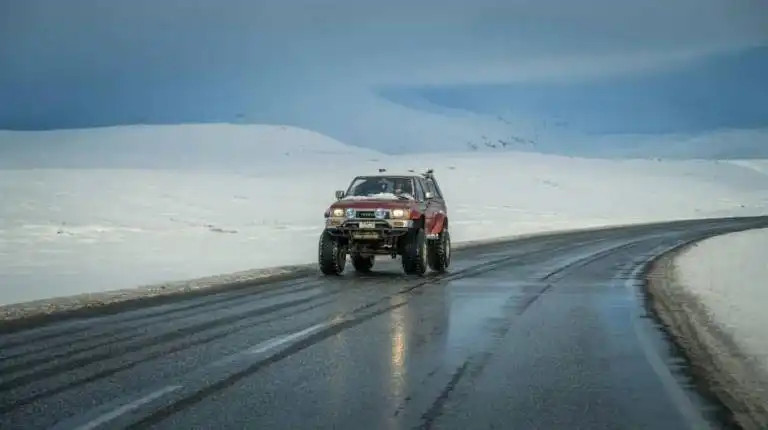
You should always proceed with caution and at your own risk when you are in Iceland. However, this does not mean you can’t reduce danger by using traction and tires designed to keep you firmly on the road. Another warning is that you may find locals driving jeeps and monster trucks when you rent a 2- or 4-wheel drive vehicle. You might roll your eyes when you see one of these in Reykjavik; the landscape simply doesn’t justify it. However, since these locals are smart, you may see one of them zooming past you on the interior roads. They are aware of how beautiful the roads in Iceland are, but they should not be taken lightly.
No Last Names
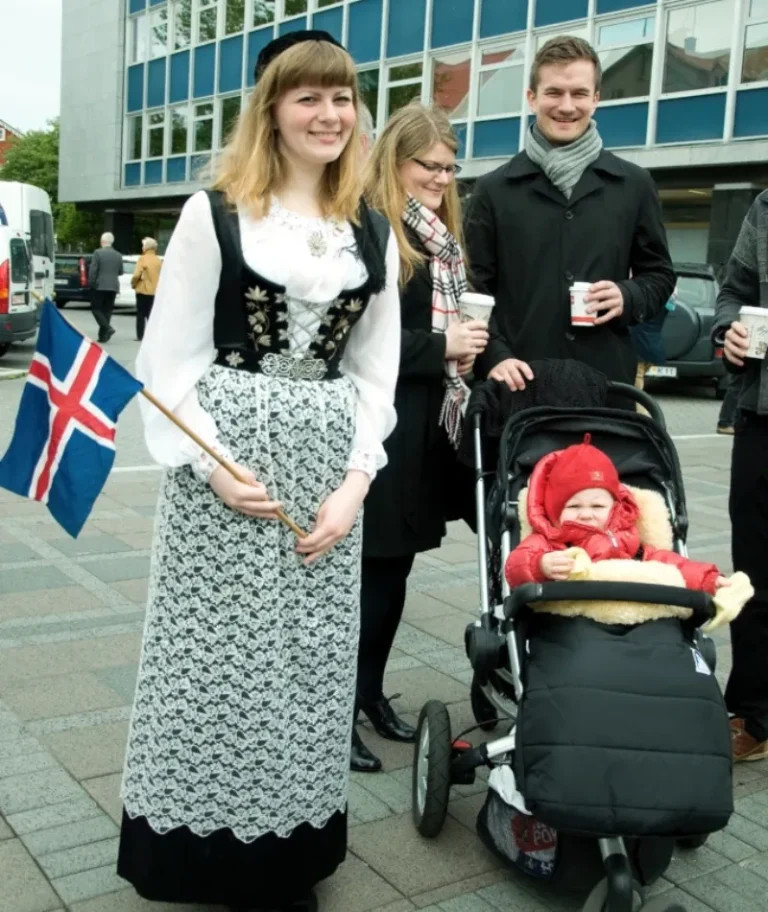
Icelanders generally do not have surnames or family names, although there are some exceptions. Most people in Iceland have patronymic surnames, derived from their father’s first name plus a suffix for son or daughter. When a woman gets married, her name does not change. However, this is all irrelevant because everyone, from doctors to politicians and teachers, is addressed by their first name!
Technicolor Beaches
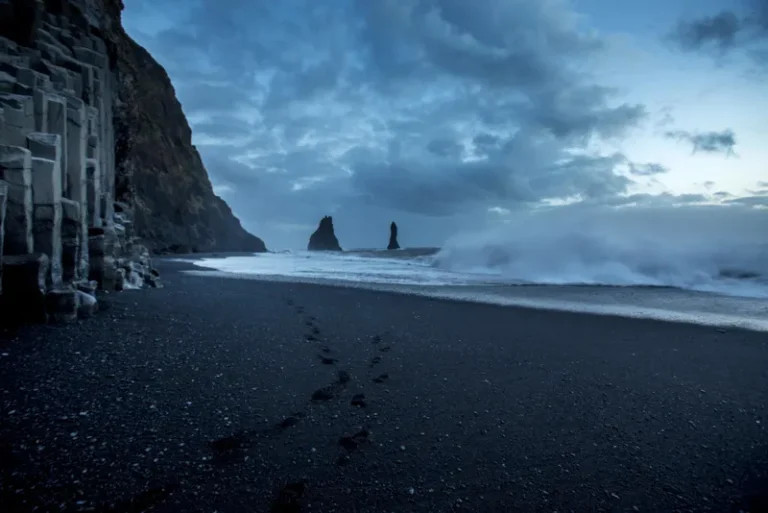
When visiting the black sand beaches of Reynisfjara in Vík, Iceland’s southernmost settlement, you will be greeted by a stunning view. The coast is adorned with remarkable black sand, contrasting beautifully with the geometric basalt rocks beside it. This unique beach is truly a wonder to behold, showcasing the extraordinary marvels of nature in all its splendor. Don't miss this captivating experience during your visit to Iceland!
Polar Stratospheric Clouds
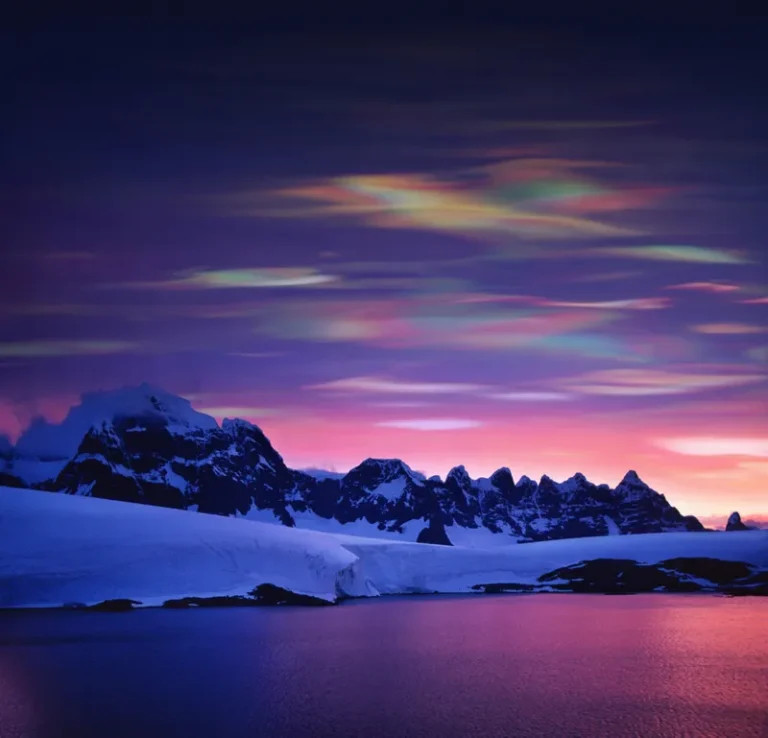
Iceland's polar stratospheric clouds are a truly captivating sight. During the winter, when temperatures drop low enough, these rare clouds predominantly form at high latitudes, painting the sky with an exquisite pastel iridescent hue. Witnessing the beauty of these clouds is an extraordinary experience, as they are incredibly unusual. Don't miss the chance to behold this stunning spectacle that occurs only once in a lifetime.
No McDonald’s?
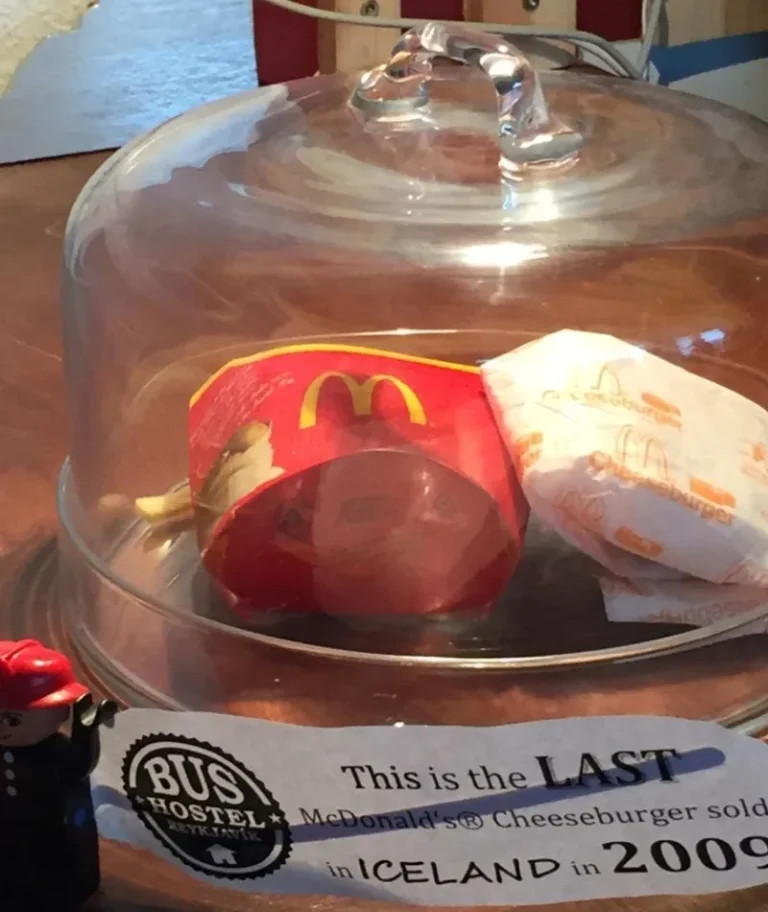
Iceland, a country with a stable population of 360,000 people, stands out as a truly unique place on Earth. Surprisingly, you cannot find a single McDonald's amidst its picturesque landscapes filled with fjords, hot springs, and volcanoes. The last McDonald's closed its doors in 2009, and despite the Icelanders' taste for dining out, no new franchise has emerged. This absence of the fast-food giant adds charm to Iceland and makes it a truly distinctive destination.






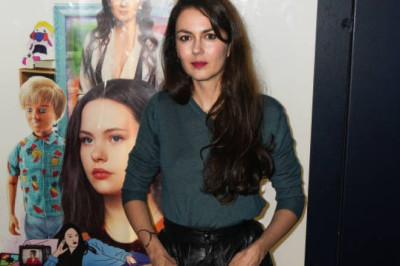


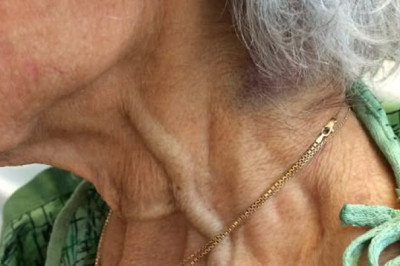

Comments
0 comment